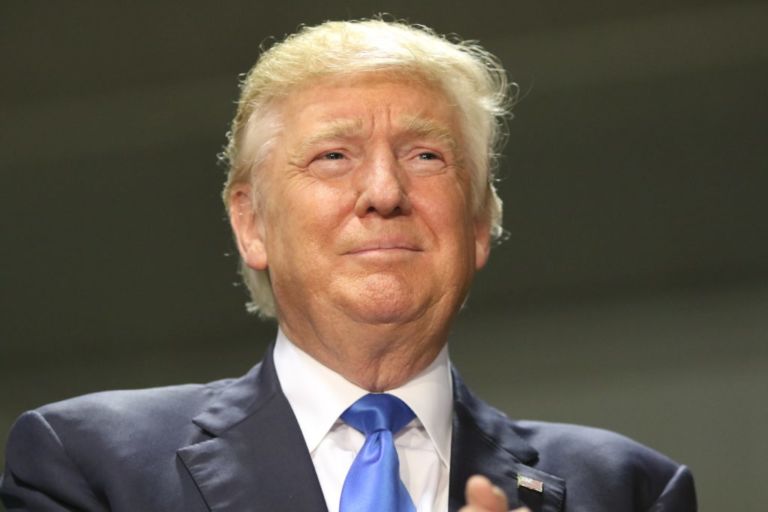Editors at National Review Online assess the U.S. Supreme Court’s decision to block Colorado from removing Donald Trump from the election ballot.
It was always a forlorn and impractical hope for legal challengers to try to get Donald Trump booted from the ballot on the grounds that he “engaged in insurrection.” Nothing similar had ever been seriously tried before against a major presidential candidate — in part, of course, because Trump’s behavior was so outside the norm.
With no Supreme Court precedent and almost no judicial precedent on Section 3 of the 14th Amendment, disqualification lawsuits faced a blizzard of unsettled and unprecedented legal questions. These included the meaning of “insurrection” and “engaging” in it, what offices were covered by Section 3’s disqualifications, and what procedures were proper for enforcing it. Trump only had to win on one, and he did. The Supreme Court ruled unanimously that state courts cannot disqualify candidates from federal office — at least, not unless Congress authorizes them to do so, which it has not.
Having looked upon the shoddy handiwork of the Colorado Supreme Court and the Maine secretary of state, the Court balked at letting state courts enforce Section 3. In doing so, it has saved the republic from the piecemeal and inevitably retaliatory cycle of rogue courts adopting elastic and standardless definitions of what it means to engage in insurrection. The Court also seems to have foreclosed anyone but Congress from enforcing Section 3 either before or after the election. That, too, reduces the likelihood of extralegal mischief and street violence. All to the good.
Nonetheless, we remain concerned that the Court, in its haste to restore the normal democratic order and preserve the separation of federal, state, legislative, and judicial powers, took the wrong route. It allowed state courts to enforce Section 3 against candidates for state office but not federal office — a distinction found nowhere in the text and not significantly debated in the drafting and ratification of Section 3. That gives unduly short shrift to the preeminent role the Constitution assigns to states in conducting elections to federal office.


